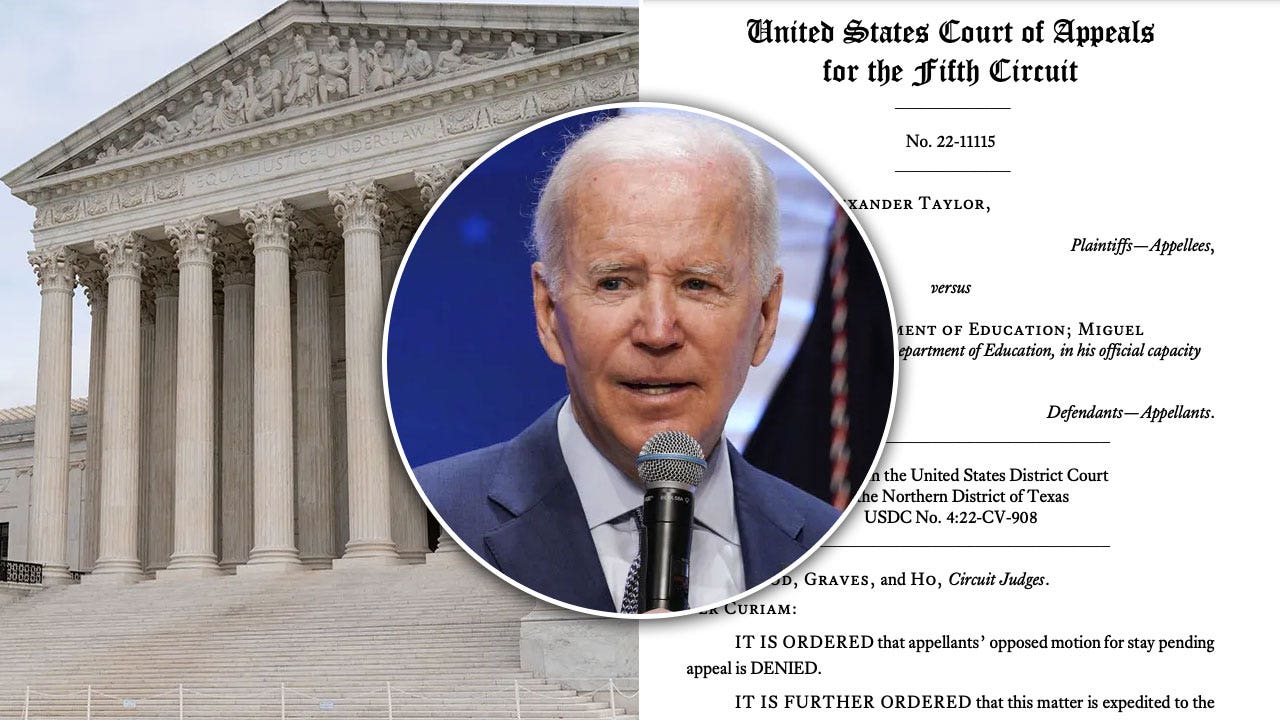“Fox News Primetime” host Brian Kilmeade visited with the Nassau County, N.Y., police department to see their training methods and real-life situations firsthand, and allow the officers to dispel widespread and dangerous myths about police work.
Kilmeade joined Officer Thomas Greer for a ride-along in the Long Island county, allowing viewers to witness to the unpredictability of every traffic stop.
Greer pointed out that, contrary to critics of law enforcement, officers do not know who they are pulling over when they witness a moving violation.
On the day Kilmeade visited, it was raining, and Greer noticed a driver on one of the area’s many parkways going too fast for the conditions.
Greer gave the driver a warning, which carries no fine or DOT points against their license — along with a polite admonishment to watch their speed going forward.
“He was cooperative. He understood everything I was saying. I gave him a warning,” said Greer, adding that a driver’s attitude when stopped, in some cases, goes a long way in influencing whether they will be cited or not.
“I cannot see who I’m pulling over until I actually walk up to the side of their window. They could be wanted for murder. They could have guns in the car,” he said.
Nassau County Police Commissioner Patrick Ryder told Kilmeade there is no such thing as a “routine traffic stop” because of the unpredictability and anonymity of drivers.
He also dismissed the idea that troopers should be replaced with unarmed social workers in such situations.
“This is the most dangerous job whether it’s the traffic driving by you or the individual inside that car; the person you are going to encounter on the street,” he said of traffic stops.
Ryder took Kilmeade to witness a police training exercise involving a mock scenario with a potentially armed suspect.
NYC REELING FROM VIOLENCE AS POLICE GROUP, OFFICIALS ASK: ‘WHEN IS THIS GOING TO END?’
Using fake ammunition, the officers engaged the suspect as soon as he wielded a weapon.
The officers noted they are not “shooting to kill” as their critics claim, but are specifically trained to stop the “threat” — which could be as simple as being able to subdue a suspect without injury.
“When you saw the gun, the training [materials] say ‘fire’?” Kilmeade asked. The officers replied in the affirmative.
The officers also showed Kilmeade their Bearcat vehicle, which Ryder compared to a “bulletproof ambulance.”
While activists claim police should not have what they call “military-grade” weapons, apparently referring to some long rifles and vehicles like the Bearcat, the department said it serves an important purpose.
“It can bring my men and women safely into an environment of an active shooter and take those victims out from that same environment,” an officer said.
TIM SCOTT: ‘DEFUND THE POLICE’ IS ‘DUMBEST’ THING I’VE HEARD IN MY LIFE
Kilmeade noted that the Bearcat was instrumental to Nassau County authorities on April 20, after Gabriel DeWitt Wilson opened fire at a Stop & Shop supermarket in West Hempstead, N.Y. — killing a store manager.
“That vehicle was on the scene in front. If the individual started to shoot from the window and hit somebody, this vehicle is going to get them out safely. It’s not used often, but when it is needed, it’s there for us,” Ryder said.
Nassau Police Academy Instructor Christopher Boccio later added that a top concern of police officers is the potential repeal of qualified immunity — an issue pushed by many Democrats.
“If qualified immunity disappeared tomorrow you have to wonder will you have a home to go to at the end of the week or losing our homes and losing everything that we have,” he said of the policy, which somewhat protects police officers from personal liability stemming from interdiction of suspects.
Rep. Ayanna Pressley, a Democrat representing the city of Boston, drafted a bill to repeal qualified immunity nationwide. The bill passed the House in a largely party-line vote.
Thus far, Colorado, Connecticut and New Mexico have repealed qualified immunity for officers in those states.









